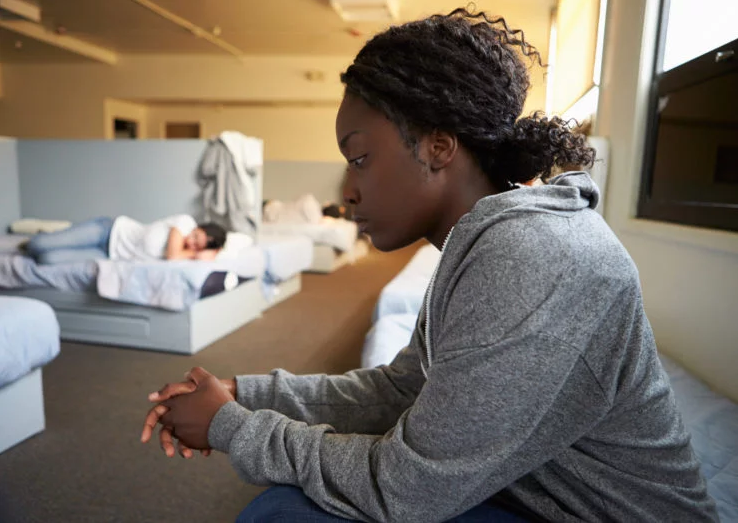
Housing Instability Is an Important (Yet Overlooked) Factor in the Maternal Health Crisis
Charessa Freeman, a 25 year-old Black woman and mother to a young daughter living in the Washington, D.C., metro area, has been in and out of homelessness for three years. Freeman was living with her mother when her daughter was born, but had to leave eight months later because her mother was moving and the new place wasn’t big enough for all of them. Since then, she has been in and out of housing.
“Finding stable housing is really difficult. Affordability is a big issue,” Freeman said.
The last thing a mother needs to worry about is where she and her child will sleep at night, but Freeman is not alone. Poverty, gentrification, and interpersonal violence, among other things, contribute to housing instability for expecting and parenting moms, especially for moms of color, who are disproportionately affected by both it and negative birth outcomes. Evidence indicates housing instability is associated with low and very low birth weight, preterm delivery, infants that are small for their gestational age, and maternal and infant mortality.
Homelessness and housing instability are urgent issues affecting pregnant and new parents that warrant the attention of policymakers and care providers in the United States. However, they are often overlooked in public conversations about maternal and infant health outcomes.